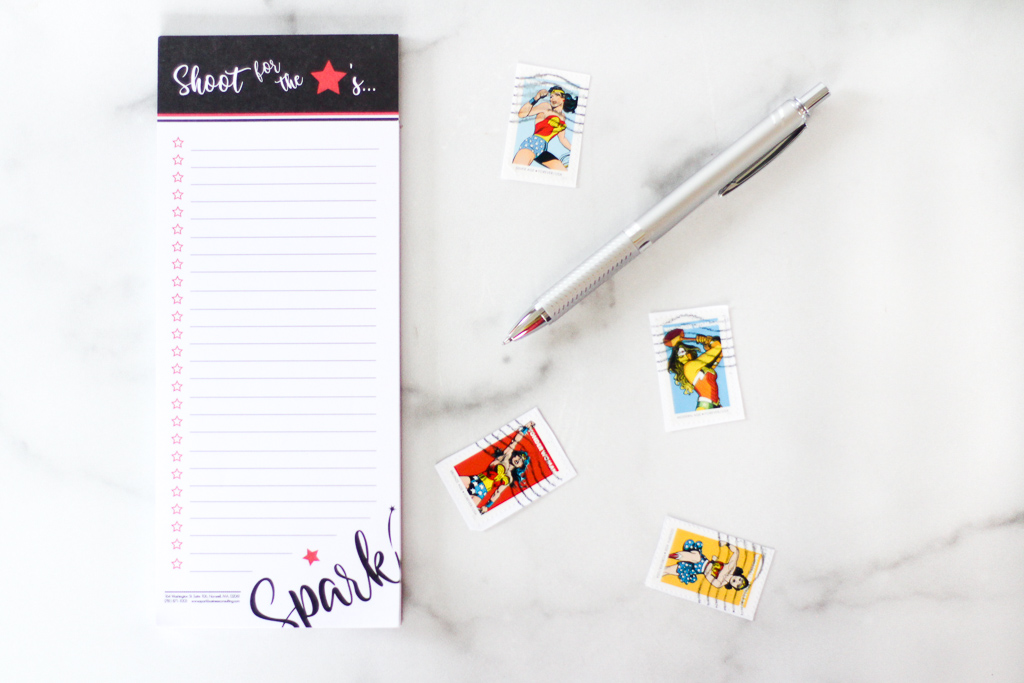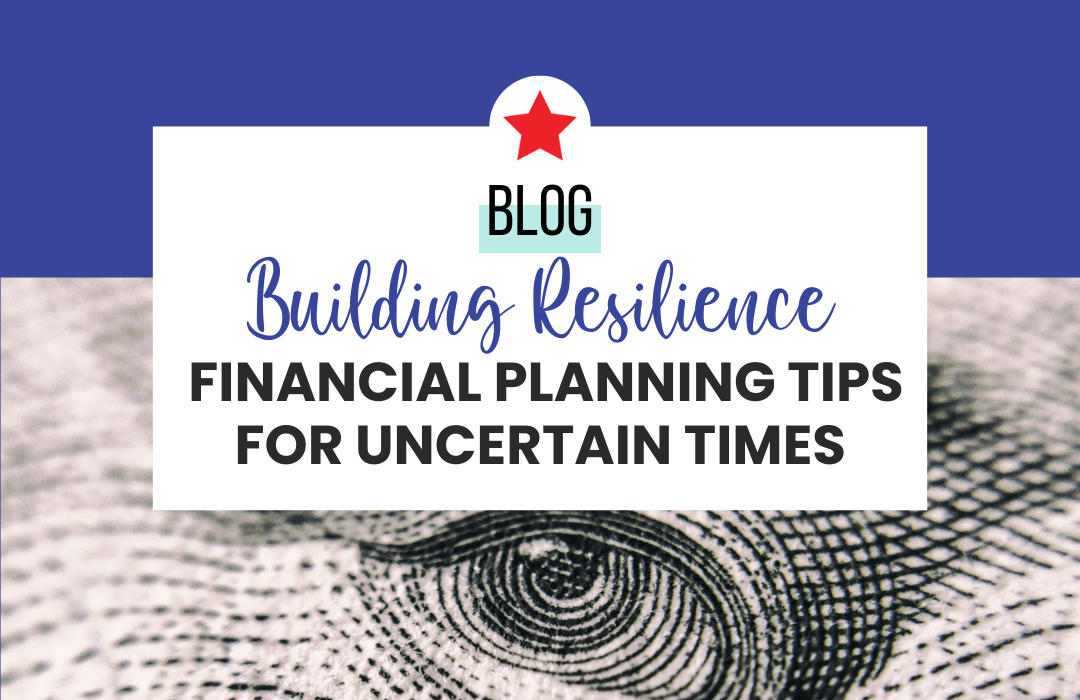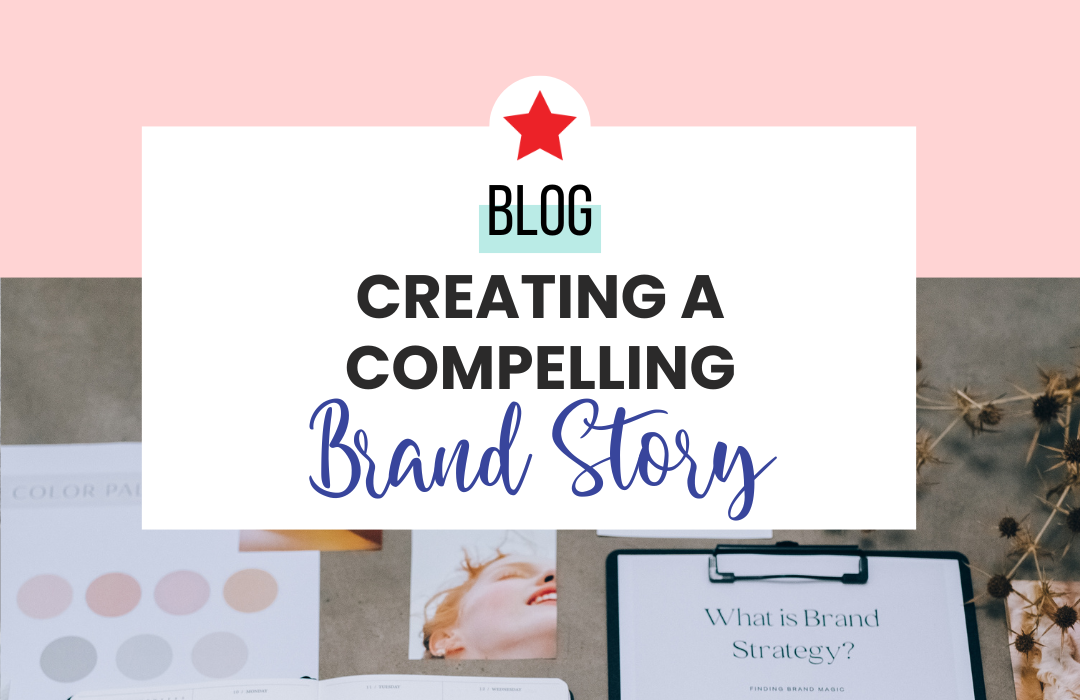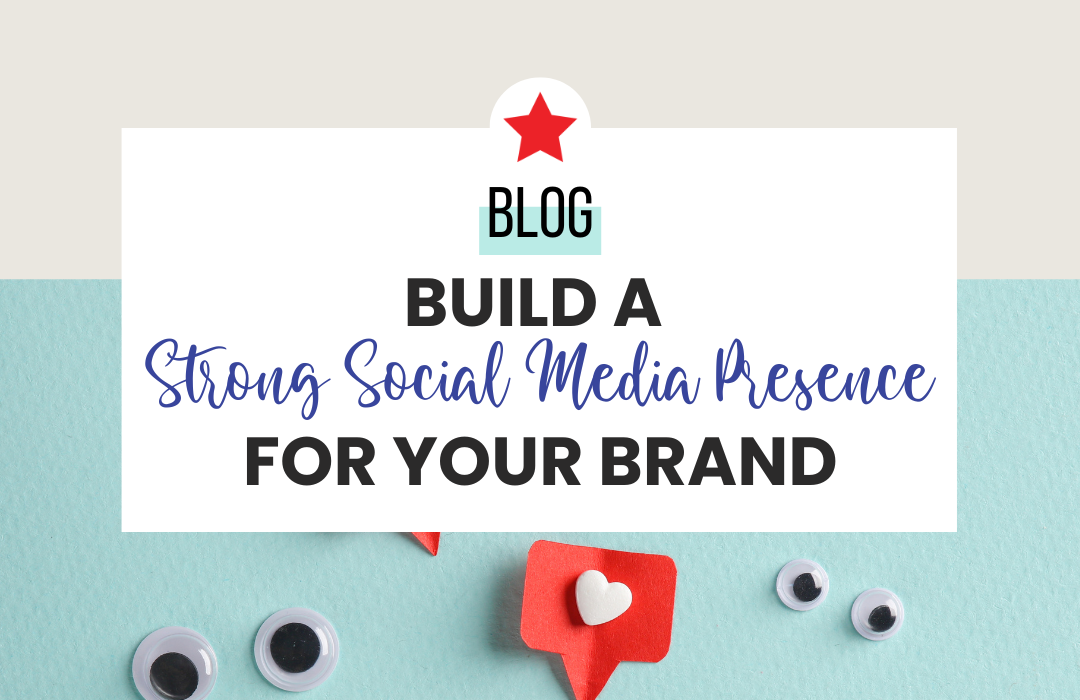[et_pb_section fb_built=”1″ _builder_version=”3.22″ custom_padding=”0px|||||”][et_pb_row _builder_version=”3.25″ background_size=”initial” background_position=”top_left” background_repeat=”repeat”][et_pb_column type=”4_4″ _builder_version=”3.25″ custom_padding=”|||” custom_padding__hover=”|||”][et_pb_text _builder_version=”4.6.6″ background_size=”initial” background_position=”top_left” background_repeat=”repeat” custom_padding=”||6px|||”]
Today we’ll be talking about 3 business tips for small business owners, and ones that are reigniting, restarting or revamping their current business model.
No 1. Know Your Business Model
Whether you’re starting out, or restarting, know your business model. This is extremely important and I cannot emphasize this enough. Know your business model, meaning walk through it. From the minute a customer enters your “ecosphere”, whether that is an online store, or a zoom call, or a brick and mortar retail store, or restaurant, or office, or in your home. You want to see what they see – all the time.
Answer these questions:
- What happens?
- How are they treated?
- How do they feel?
- Who or what are they looking at?
- What are they hearing?
- What are they seeing?
- How do they pay you?
- Is service you provide clear?
- What is their experience when they leave?
- What do you want them to say about you/your business?
Know how your model works, and then make sure you follow the dollars so when somebody comes in, and they give you money…
- How much revenue are you generating?
- How much of that money is going to pay:
- payroll?
- rent?
- direct and overhead expenses?
- YOU!?
Basically, this is like a mini daily p&l (profit and loss). Know the basics in your head. Especially when starting out, or restarting, if you don’t know what your break even number is on a transaction basis, or on a daily basis, or on a weekly or monthly basis, it’s as if you were driving down the highway with money flying out the window. You just have no control over it. You need to know how much money you need to bring in every day, every week, and every month to cover your pay, your expenses, and your PROFIT!
How Long Can Your Business Model Last?
If you can’t hit that number because times are slow and you just can’t quite get there, how long can you go without hitting that number before you’re really just gonna run dry? Or incur so much debt that it’s overwhelming? This is the other big piece because right now there are so many businesses that are not hitting their break-even amount. Restaurants, retail stores, gyms and some construction companies were, or are, struggling. Luckily, a lot of them are doing well now, but still about half (from what we’re reading/seeing) are not. If you need help in becoming more profitable, check out our 5 Tips for Becoming more Profitable in 2021.
And here’s the thing – they need to know how long they can go before it makes sense to pull the plug. This is true for a lot of businesses over this past year. They’re wondering, (even with the PPP and SBA loans that are available out there) ‘How far is this loan going to get me?’ And you should know how far it’s going to get you! This is the biggest key here, and I see people ignoring it every day. Check out our blog on Getting a Business Loan.
Your Break-Even
Many entrepreneurs are feeling trepidation because they just don’t know when this Pandemic is going to be over, and when life is going to get back to normal. Even if the answer is only three months, at least you know that if things aren’t back to normal, and you can’t get those sales to creep up in the next three months, at least you know that you’re going to have to go down another path. If you’re feeling lost, we have a blog on Improving Your Decision Process.
Maybe it’s six months. Maybe it’ll be a year. Not knowing, and furthermore, feeling like you’re in a dark tunnel and constantly trying to figure it out – that’s no way to live. That is creating more stress that is in no way, shape, or form helpful to you or your business.
The way that you can help yourself understand how to deal with this better is to understand your business model, understand how it works from the moment a customer comes in, to when they leave, to where the money goes, and what your breakeven is. And when you can’t hit break-even, how long can you go on reserves (debt)?
[/et_pb_text][/et_pb_column][/et_pb_row][et_pb_row _builder_version=”4.6.6″ _module_preset=”default”][et_pb_column type=”4_4″ _builder_version=”4.6.6″ _module_preset=”default”][et_pb_divider divider_weight=”7px” _builder_version=”4.6.6″ _module_preset=”default” width=”71%” module_alignment=”center”][/et_pb_divider][/et_pb_column][/et_pb_row][et_pb_row _builder_version=”4.6.6″ _module_preset=”default”][et_pb_column type=”4_4″ _builder_version=”4.6.6″ _module_preset=”default”][et_pb_text _builder_version=”4.6.6″ _module_preset=”default”]
No 2. Marketing Plan
Okay, so here’s the second one, and this is, again, for brand new startup businesses or anyone relaunching their business. You need to have a really thorough marketing plan. It needs to be wide ranging, it needs to be thorough, and it does not mean that you need to be an expert in marketing at all. But you have to have a plan.
If you have the money to hire an expert, great! If not, you can certainly do it yourself and that could simply include a Facebook page. Most of us can do that by now but I know there are inexpensive companies out there that can help you create a Facebook page and Instagram account.
If Twitter or LinkedIn works for you, take a small course and teach yourself on those – that stuff you can do yourself. Networking is such a huge part of marketing and most of the time, that’s free, other than your time, but extremely important and can be so well worth it.
Don’t Put All Your Eggs in One Basket
Here’s what I see happening that never works… You’re comfortable with Facebook, let’s say, so you start a Facebook page for your new business and you get some of your friends to like it, which is great. And then that’s it. No engagement, no regular consistent posting…That’s just not gonna do it for you – one platform is just a piece of it.
Platforms
There is an array of platforms that you can use:
-
Email Marketing:
This is one platform that you can have where you own your list. No matter what happens, you will own your list and that is super valuable. In other platforms, if they decide to go under, all of your followers could be gone in an instant. This is another reason to diversify your marketing. We love Flodesk because of its user-friendliness and visual ease.
-
Facebook Pages:
As we previously mentioned, Facebook is a great platform. As a Facebook Page, you can represent your business, create conversations, update your audience on sales, events and hours and advertise via Facebook Ads (which are also connected to Instagram Ads). We use Later to plan our posts ahead of time but Facebook has its own scheduler for posts as well.
-
Facebook Groups:
These are great for communities. A business can have more than one group but start-ups would be wise to start with only one. Meditating a Facebook Group is a job in and of itself as a community grows, so when you start one, make sure that you can handle it if it grows. Oftentimes people will start a group to go along with a product or course they are selling as a support system. For example, Replica Surfaces makes photography backdrops, and their Facebook Group is filled with people asking for advice on how to light their photos, request for feedback on their photos, which backdrop would accent their product the best, requests for advice and tips on photography and photography courses etc. It goes far beyond the actual surfaces and people keep coming back again and again after their purchases. IMPORTANT TIP! Do not be afraid to give value. Sometimes it may feel like you’re giving away the secret sauce but do not be afraid to give value. Customers know when they are getting something good versus something they could get anywhere on the internet.
-
Instagram:
I think Instagram is way more potent than Facebook is right now. It’s visual, allows for conversation, has 5 different methods of posts/videos, and can link directly to blogs or landing pages. MANY people use Instagram as a prime traffic source for their email opt-ins, services, products, and courses. We use Later to plan our posts along with Facebook posts but there are many other schedulers that you can use. We recommend Planoly, Plann or CoSchedule.
-
Pinterest:
Pinterest is a GREAT referral source for blogs, videos, and services. We use Tailwind to engage with ‘tribes’ of similar products, services and content.
-
Tiktok :
Maybe Tiktok will work for your business. Tiktok seems to work primarily for celebrities and influencers, but we’d love to hear if it has worked for you as someone in a different industry. We don’t use it because we’re too busy doing what we do to sit around taking videos of ourselves doing silly things, although we’d have a blast doing it!
-
Print advertising:
This can sometimes seem to be on its way out, but it can work for some businesses if you have a budget for that. Real estate, dental discounts, car service discounts, home services – these mailers are a few kinds of print advertising that do still work.
Have a plan
So you need to have a really clear plan. There’s a book I have called ‘The One Page Marketing Plan’ which shares that anybody can do it – you don’t *need* to hire a professional. I recommend it if you could afford it to save you time (I do!), but you don’t have to.
Networking
The worst thing you can do is just open up your business, tell your friends and family about it, and sit back and wait for the floodgates to open because you know that you have a fantastic product or service. It’s not going to work and I do see people do this all the time. They think that what they’re selling is so great, and all their friends and family think it’s great, so they’re gonna post it on their pages too and you’ll be a millionaire!
Nope – dead in the water. That does not work. It is a bad tactic to just “unlock your front door” and sit back and wait for people to come in. You HAVE to get out there and network.
We recommend:
- BNI
- Chamber of Commerce (Google the one closest to you)
- Getting online and meeting people
Even if that’s not comfortable for you, meeting people is key so too bad. It’s definitely not comfortable for me, but I just do it! Over time, it has gotten easier. I mean, it took me a couple of years to get used to it, but it does get easier. So definitely get out there and network.
That’s the number one piece that I would have to say that really works for businesses – just by getting in front of people, you get on their minds. That is how I began to build Spark over 13 years ago. You just start to get to know people and people start thinking about you and recommending you as you do the same for them and develop these amazing professional relationships.
Give it a Time Frame
That’s when the floodgates open, have a plan. Networking and market yourself well online. Remember – nothing works overnight. Commit to a time period, whether it’s 3 months or six months or even a couple of years! And if it really bombs after that, then you may need to switch gears. Please don’t do something for a week or a month and then say, “Okay, well that didn’t work.” Give it some time.
[/et_pb_text][/et_pb_column][/et_pb_row][et_pb_row _builder_version=”4.6.6″ _module_preset=”default”][et_pb_column type=”4_4″ _builder_version=”4.6.6″ _module_preset=”default”][et_pb_divider divider_weight=”7px” _builder_version=”4.6.6″ _module_preset=”default” width=”71%” module_alignment=”center”][/et_pb_divider][/et_pb_column][/et_pb_row][et_pb_row _builder_version=”4.6.6″ _module_preset=”default”][et_pb_column type=”4_4″ _builder_version=”4.6.6″ _module_preset=”default”][et_pb_text _builder_version=”4.6.6″ _module_preset=”default”]
No 3. Entrepreneurship is not a 9 to 5 job.
Most of you probably know that by now. We really have to live and breathe it. But it should not feel like work. I mean, it can be hard. It can be stressful. You can really be challenged with the business because the buck stops with you, and everything will come down on your shoulders so it can be difficult. BUT, as Simon Sinek said and I have this quote up in my office because I really love it:
“Working hard for something we don’t care about is called stress, working hard for something we love is called passion.”
[/et_pb_text][et_pb_image src=”https://sparkbusinessconsulting.com/wp-content/uploads/2021/01/Quote-Simon-Sinek-1.png” title_text=”Quote Simon Sinek (1)” _builder_version=”4.6.6″ _module_preset=”default” width=”46%” max_width=”83%” module_alignment=”center”][/et_pb_image][et_pb_text _builder_version=”4.6.6″ _module_preset=”default”]
I love it because owning your own business is not a job. It’s not 40 hours a week. It’s a lifestyle.
Living Your Passion
You live your business and breathe it and you should want to live it and breathe it! You should want to kind of birth and bring this thing to light because it’s your passion, it’s what you want to do. And that’s not to say that you need to work 100 hours a week and work your fingers to the bone every single day. That’s not what I’m saying at all, though that might be the case in the beginning or at certain times – it really depends on your business model which is what I talked about in tip number one. No matter what, your business should be something that you want to do and that you love to do. That’s really important.
Seeing Through Your Customer’s Eyes
And the last piece about this is when you’re reviewing your business, always look at it through the customer’s eyes, not through your eyes as the business owner, not through your employees eyes or your vendors eyes. Look at it through your customers eyes.
From your customer perspective, what do you want them to:
- Do?
- Look at?
- Hear?
- See?
- Feel?
Always come at your business from your customer journey viewpoint. That is extremely important. And it’s really easy to lose sight of that because you’re so “in your zone” of working “in” the business rather than on it. Don’t be a business that is out of touch with your customers. It shows – loud and clear.
Those are our three VERY IMPORTANT TIPS for every business owner. If you’re interested in getting a free Action Plan to get started on igniting or revamping your business, sign up below!
[/et_pb_text][/et_pb_column][/et_pb_row][et_pb_row _builder_version=”4.6.6″ _module_preset=”default”][et_pb_column type=”4_4″ _builder_version=”4.6.6″ _module_preset=”default”][et_pb_code _builder_version=”4.6.6″ _module_preset=”default”]
[/et_pb_code][/et_pb_column][/et_pb_row][et_pb_row column_structure=”1_2,1_2″ _builder_version=”4.6.6″ _module_preset=”default”][et_pb_column type=”1_2″ _builder_version=”4.6.6″ _module_preset=”default”][et_pb_image src=”https://sparkbusinessconsulting.com/wp-content/uploads/2021/01/IG-Story-3-Tips.png” title_text=”IG Story – 3 Tips” _builder_version=”4.6.6″ _module_preset=”default”][/et_pb_image][/et_pb_column][et_pb_column type=”1_2″ _builder_version=”4.6.6″ _module_preset=”default”][et_pb_image src=”https://sparkbusinessconsulting.com/wp-content/uploads/2021/01/Pin-Copy-of-Quote-Simon-Sinek.png” title_text=”Pin – Copy of Quote Simon Sinek” _builder_version=”4.6.6″ _module_preset=”default”][/et_pb_image][/et_pb_column][/et_pb_row][/et_pb_section]









